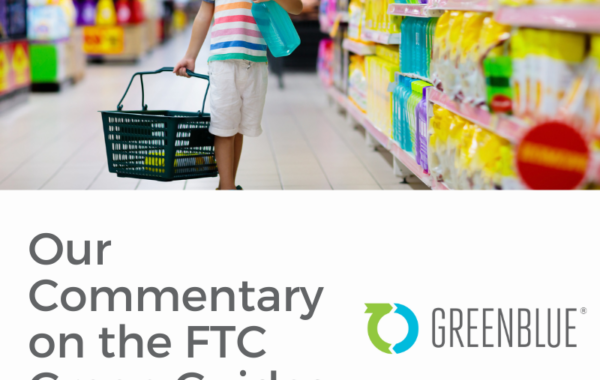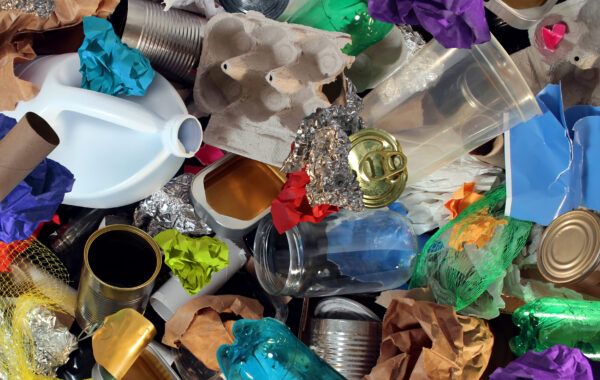October 5, 2020
Virtual SPC Advance kicked off with an Opening Keynote from sustainability expert Andrew Winston, author of Green to Gold and The Big Pivot, as well as a well-known thought leader in corporate sustainability. While acknowledging that it’s still too soon to fully understand the upheaval we’ve gone through in recent months, Winston reviewed how companies are increasingly being called to articulate their purpose and bring forward solutions to today’s social and environmental problems.
Here’s a recap of some of Winston’s reflections on the challenges of today, what we’re still learning from COVID-19, and how these play into the world of packaging.
1. Prepare for the Exponential
As Winston points out, the problems of climate change, species loss, resource extraction, and ocean plastics have grown at an exponential rate, becoming more severe more quickly than was expected. Ocean plastics, for example, are a relatively new challenge, with the first microplastics found in the environment as recently as 1980.
The good news is that solutions can accelerate exponentially, too. The cost to build new renewable energy has gone down 89% since 2009. Consumer awareness of the ocean plastic pollution problem has also grown tremendously in recent years, and more consumers are interested in alternative materials and systems, like product-as-a-service, to counteract this problem.
How will this affect packaging? It might look like exponential growth in the availability of recycled content, helping brands meet their ambitious goals. Or it could be a huge uptick in reusable packaging platforms, as the network effect makes these solutions more convenient and widespread. Whatever the future holds, companies should prepare for rapid change and innovation.
2. Understand and Respect Planetary Boundaries
COVID-19 has reminded us that humans are part of the natural world, subject to the same laws of nature as other organisms. With that has come a growing understanding of how our economies create forest and habitat loss that leads to the spread of disease. Now more than ever, we are beginning to see the consequences of not heeding planetary boundaries.
Planetary boundaries is a concept that says Earth’s system processes contain environmental boundaries – essentially a “safe operating space for humanity”, these include climate change, biodiversity loss, ocean acidification, and chemical pollution.
What planetary boundaries are we overstepping with today’s packaging systems? Because packaging requires sourcing materials, then manufacturing, distributing, and disposing of them, packaging typically plays a role in accelerating climate change. Respecting the limits of Earth’s natural systems will require addressing impacts along the entire life cycle of packaging, striving for a more closed loop, circular economy.
3. Focus, Always, on People
Andrew Winston closed his reflections with the importance of focusing on people – centrally, your employees, but also your customers and the global community. COVID-19 has given us many examples of contrasting organizational intentions both putting their workers in harm’s way, and also putting their employees and communities first.
The “people” side of the sustainable triple-bottom-line is sometimes forgotten, but it is key to delivering truly effective solutions. When people are taken care of and engaged, they become agents of change, reinforcing the broader mission. Leading companies such as Unilever point to their long-term commitment to sustainability as a key driver for attracting and retaining talent, which in turn enables them to pursue their ambitious goals.
So how do we focus on people when it comes to packaging? It’s time to address the significant consumer demand for more sustainable options. People are increasingly frustrated with over-packaged e-commerce deliveries, disillusioned with the amount of single-use packaging in food service, and frustrated by materials that aren’t recyclable or compostable.
In today’s volatile world, these reflections help frame the actions we need to take towards a more equitable and sustainable future.





